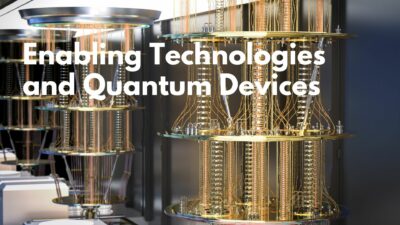Researchers at NIST are developing a method to grow ultra-pure 28Si crystal for quantum computing applications. The key challenge is achieving high isotopic purity, as natural silicon contains about 4.7% 29Si, which interferes with qubit performance.
The team is working on a molecular-beam epitaxy (MBE) process to deposit 28Si onto natural silicon substrates. They aim to achieve “four nines” (99.99%) isotopic purity, which would significantly improve qubit coherence times (T2).
Current progress includes reaching 99.9% 28Si enrichment, but further improvements are needed. The team is addressing background gas contamination and improving growth rates. Success could reduce the cost of entry for mainstream industry to use isotopically enriched silicon in quantum information systems and thermal management solutions.
Implementation timeframes are estimated at 5-10 years, assuming chemical purity and crystalline perfection are achieved. The ultimate goal is to demonstrate a scalable process that could become a standard tool for quantum computing research.
Source: https://www.nist.gov/news-events/news/2012/11/enriched-silicon-going-four-nines
Keywords: silicon, qubits, isotopic purity, decoherence time, quantum information processing


